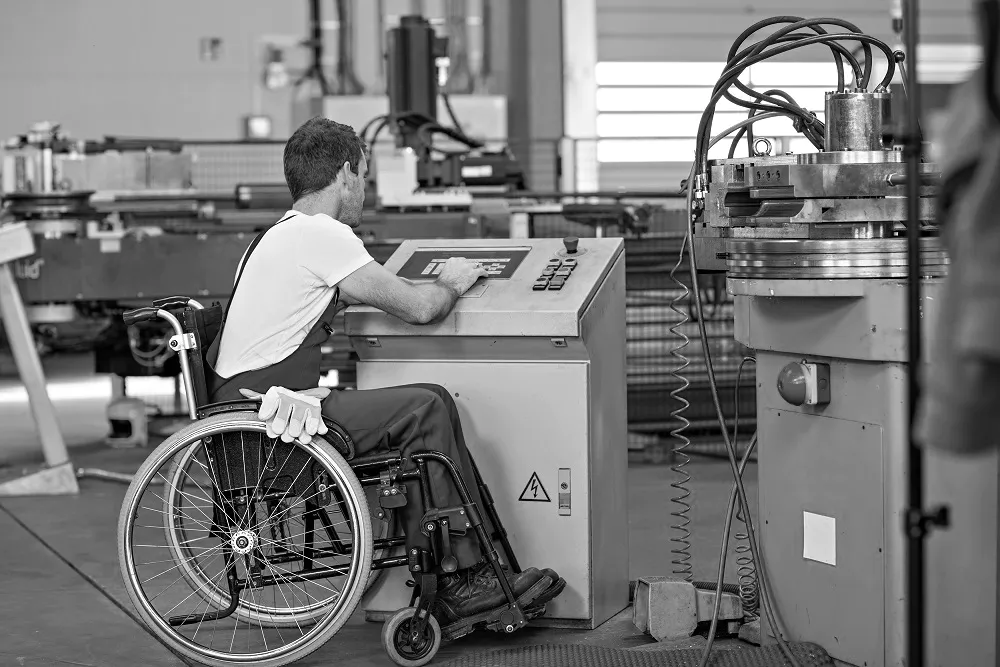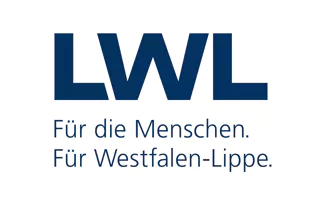Inclusive HCI
First international workshop on inclusive human-computer interaction

MOTIVATION SMART HEALTH WORKSHOP
This workshop aims to provide a platform for practitioners and scientists who are curious about the inclusive development of truly usable digital assistive technologies for persons with disability and other disadvantaged groups. Because while this technological advancement is key to leverage inclusion and participation, many barriers to its accessibility and usability still exist for those who would benefit most from it.
With this workshop, we want to create a lively ‘room’ wherein best practices and experiences can be discussed, where ideas on inclusive design and participative development approaches can be swapped and where the group can learn from each other about successes and failures so far. Therefore, we particularly invite those who are curious and open to exchanging ideas and knowledge in the interrelated field of technical, practical and social factors that are involved in the inclusive usability design of future (digital) assistive technology.
INTENDED AUDIENCE AND SUBMISSIONS
We welcome a broad range of interested applicants, including students, academics and professionals. Participants should be interested in empowering humans with new forms of human-computer interaction and shaping the next-generation of inclusive environments. We explicitly invite participants with different level of familiarity with the workshop topic. Prior experience in the field of inclusive HCI is helpful, but not required. Taking the diversity of the intended audience into account, we invite a broad variety of submissions. Generally, workshop position paper should describe a topic or challenge that can contribute to workshop discussions, including for example
- Reports on ongoing or completed research projects,
- Results from empirical studies,
- Insights gained in case studies, or
- A summary of personal experience.
Position papers should be written in the OzCHI conference template with a preferred length between 1 - 2 pages including references.
WORKSHOP TOPICS
Methodology and Concepts
- Usability of inclusive information systems
- Ethical approaches to inclusive design
- Co-production approaches/participative development methods
- User experience and participatory design
- Model-based design of inclusive systems
- Evaluations of accessibility, usability, and user experience
- Accessibility of intelligent environments
- Human aspects of future and emerging technologies for inclusion
- Design for people with special needs and disabilities
Applications and Technologies
- Technologies and devices for inclusive systems
- Software infrastructures and architectures for implementing inclusive applications
- Inclusive interaction devices and (adaptive) interface concepts
- Tools and design techniques for inclusive systems
- Multidisciplinary or interdisciplinary design
- Emotion and affective user interface
- Adaptive and tangible user interfaces for inclusion
- Special-needs based interaction and alternative interaction techniques
- Personalized interaction
- Augmented interaction
- Assistive environments and robots
- Inclusive human-robot interaction
Social and Ethical Aspects
- Accessibility and Usability
- User Diversity and Gender-specific Design
- Ethical and Normative Requirements, Privacy, Security, and Trust
- Economical, Legal, and Environmental Constraints
- Technology Acceptance and Performance, as well as Cultural Aspects of Inclusive Systems
- Social and Societal Implications
- Legal Issues in Inclusive Applications
Important Dates
Submission
November 17, 2023
Notification
November 20, 2023
Organizers

read more

read more
Germany

read more

read more

read more

read more

read more
UK

read more

read more
Köln, Germany

read more
Germany

read more
Große-Coosmann
Wertkreis GüterslohGermany

read more
Germany

read more
Germany
supported by






